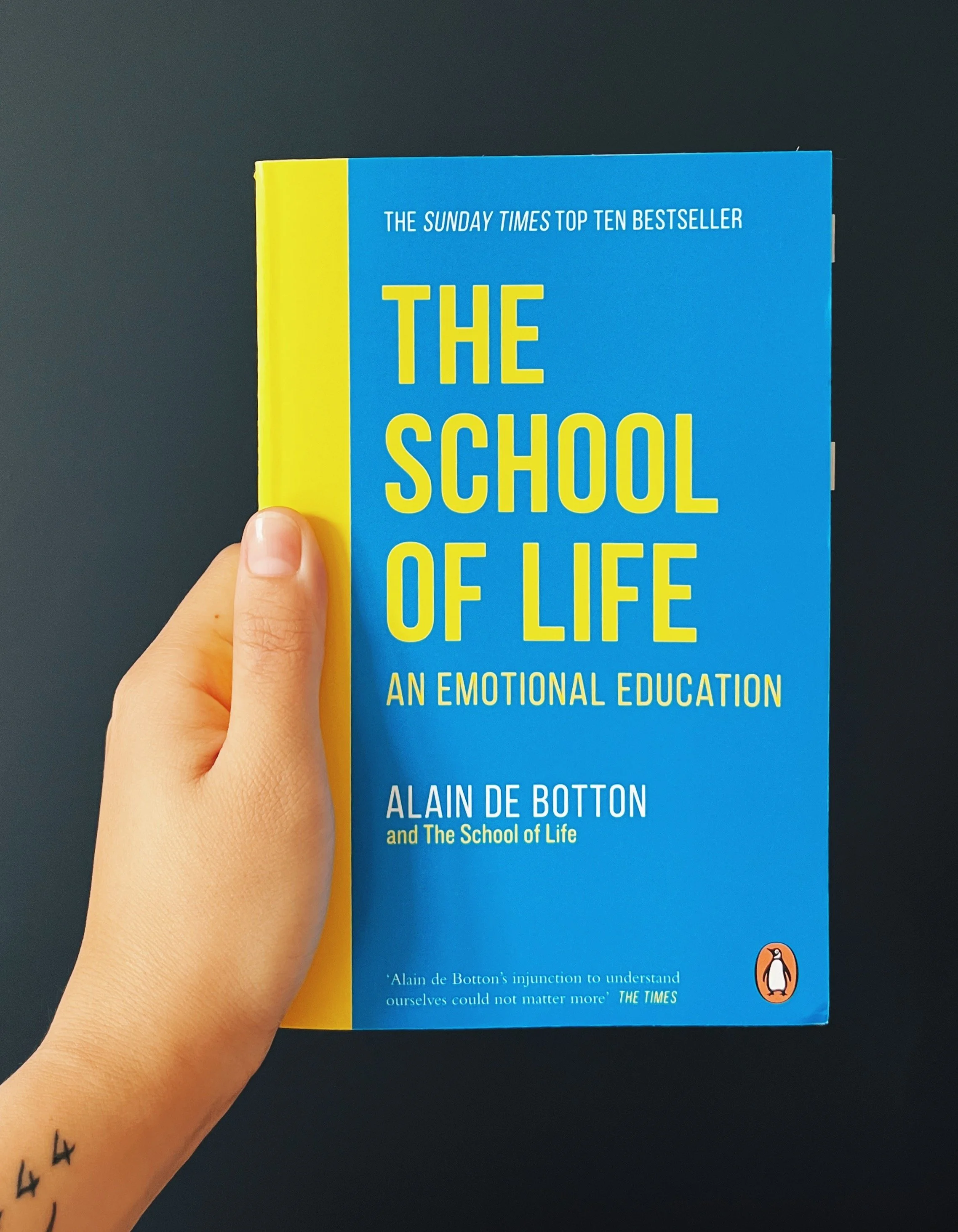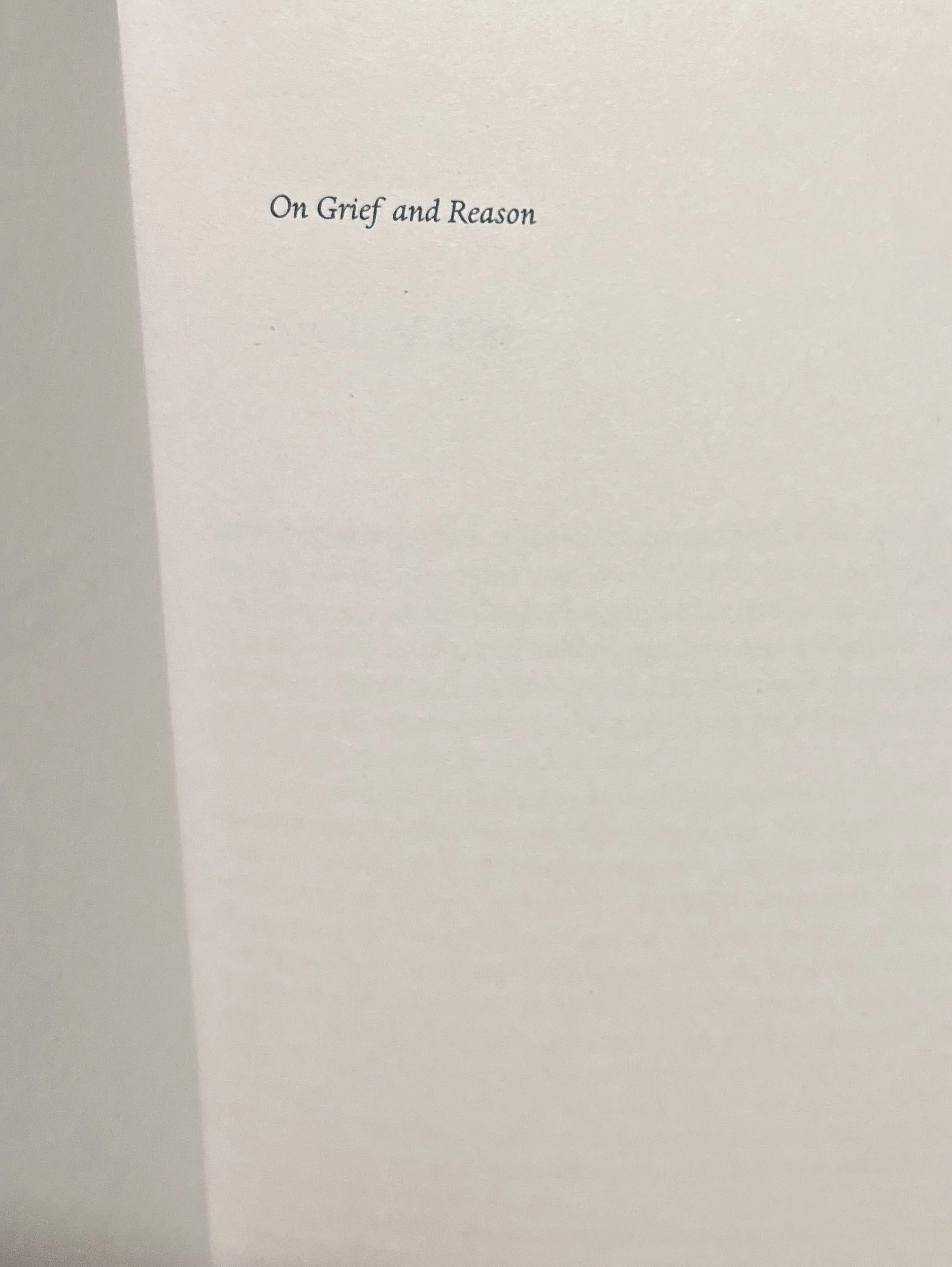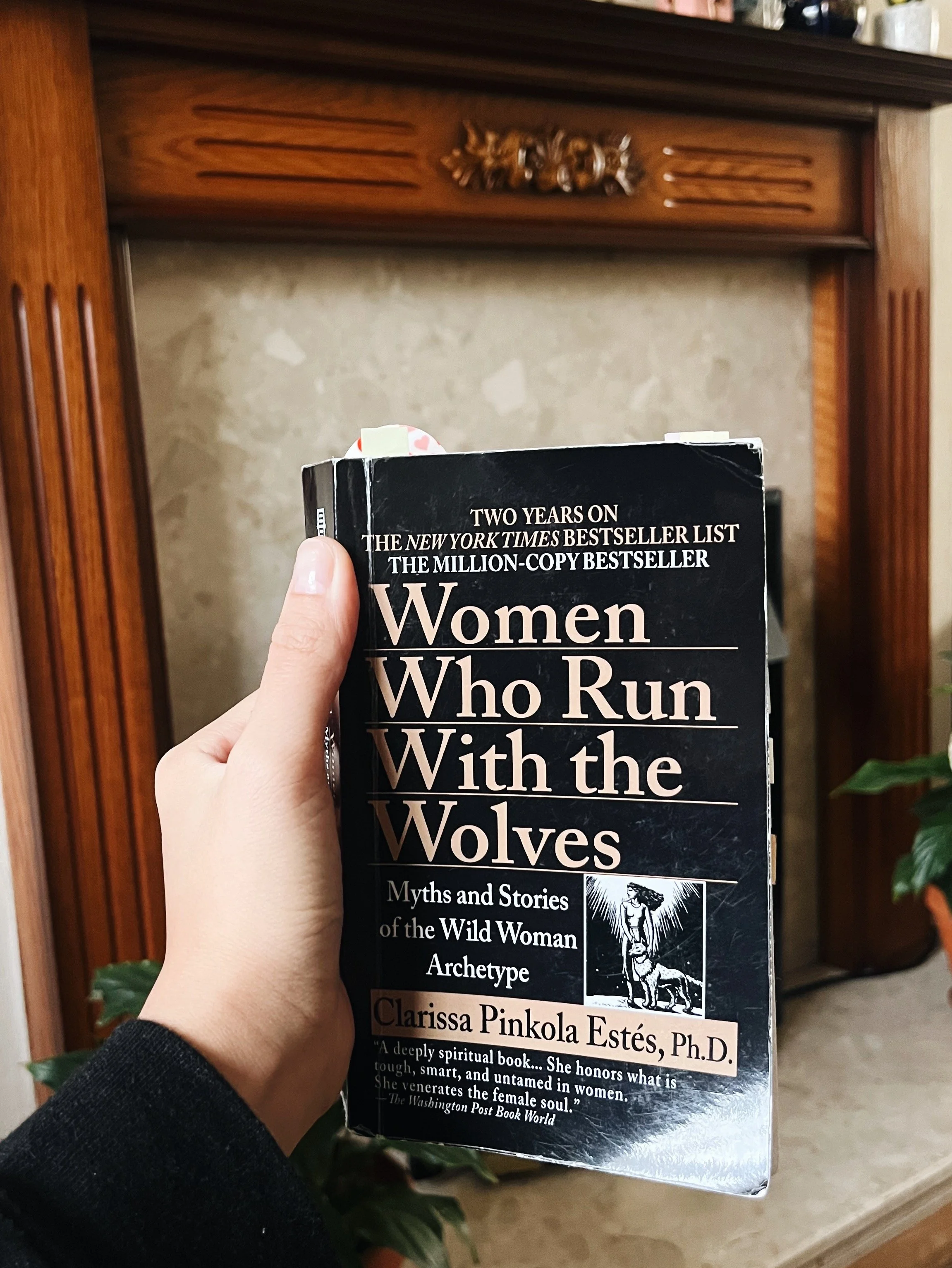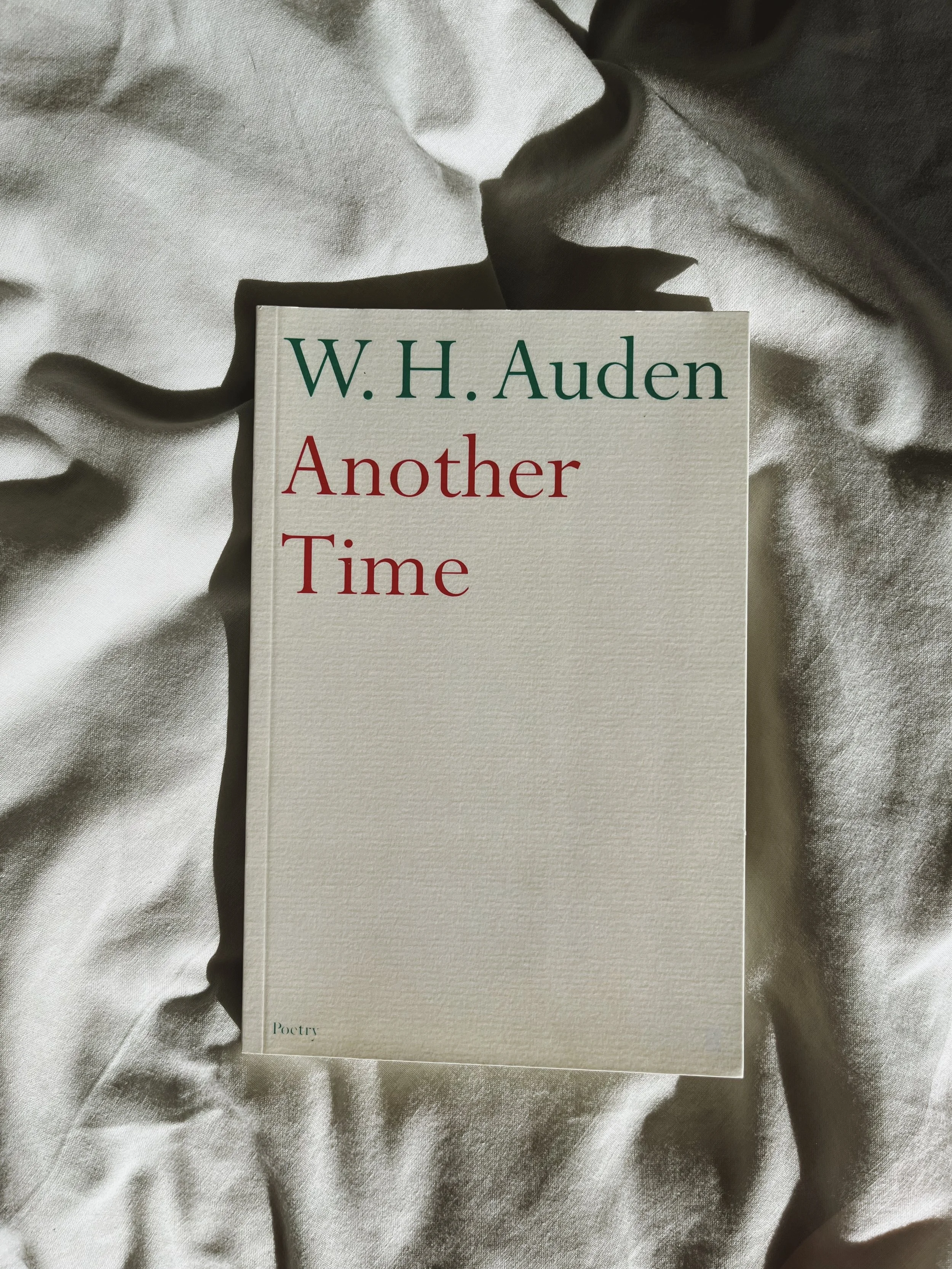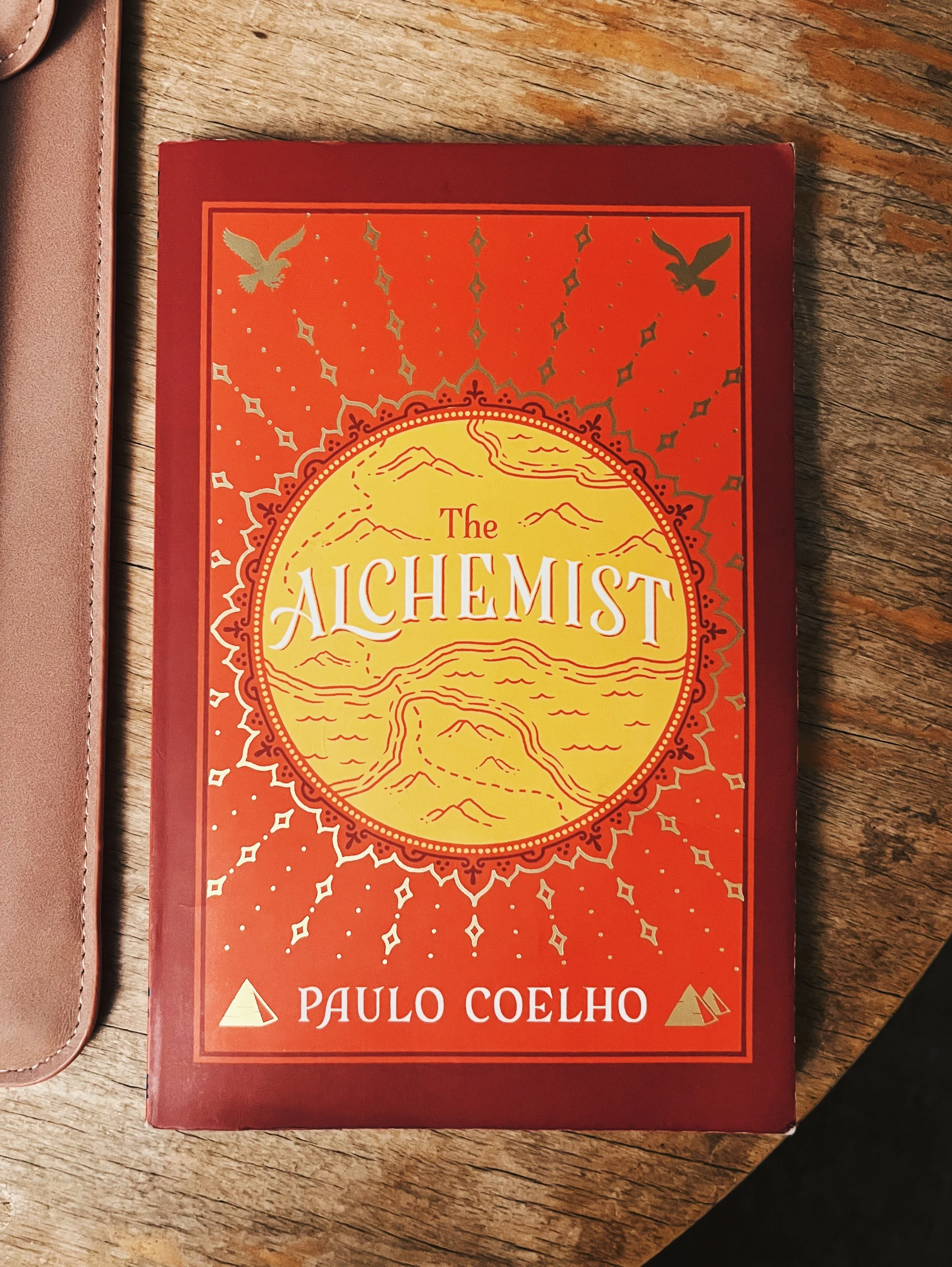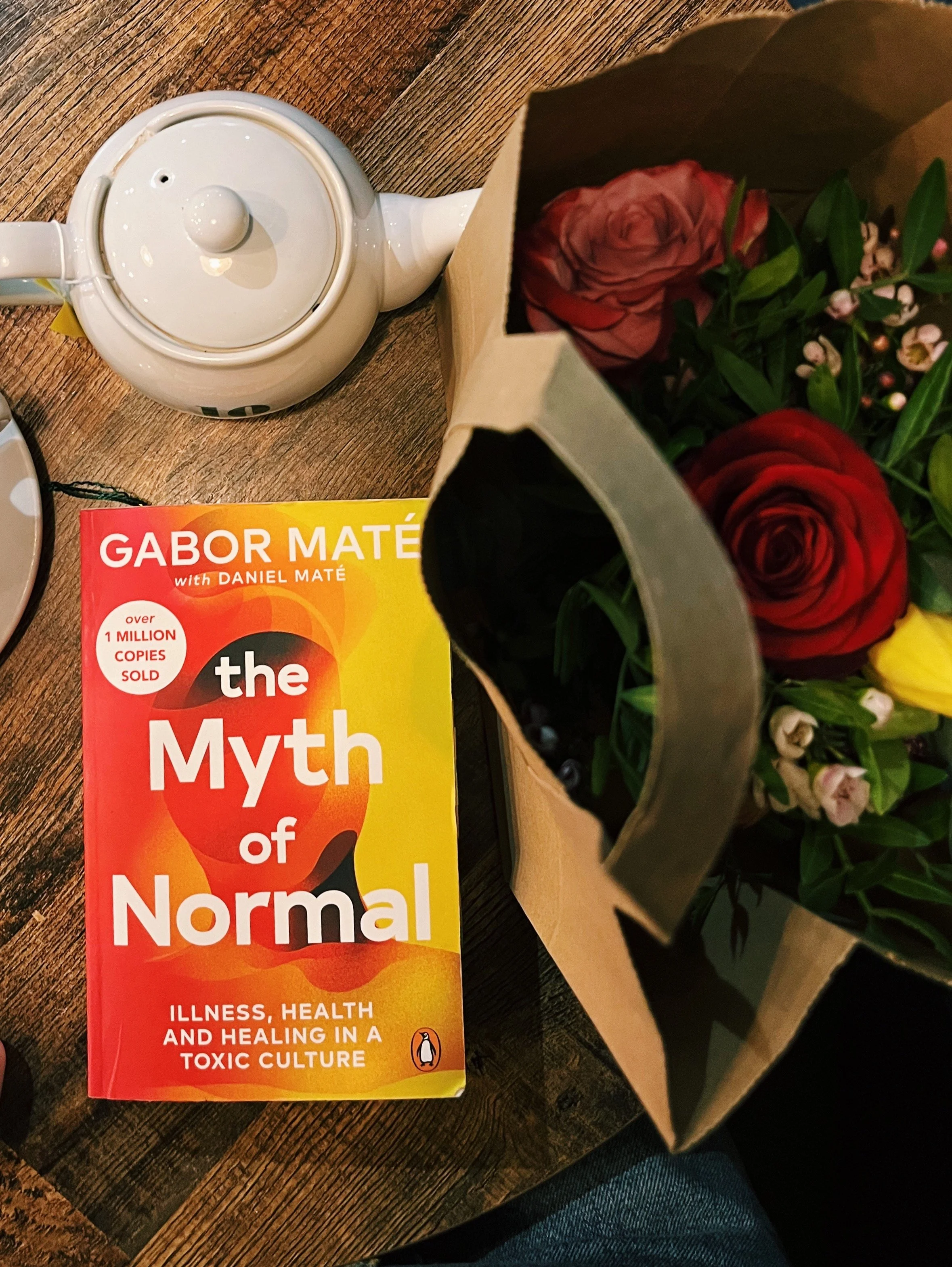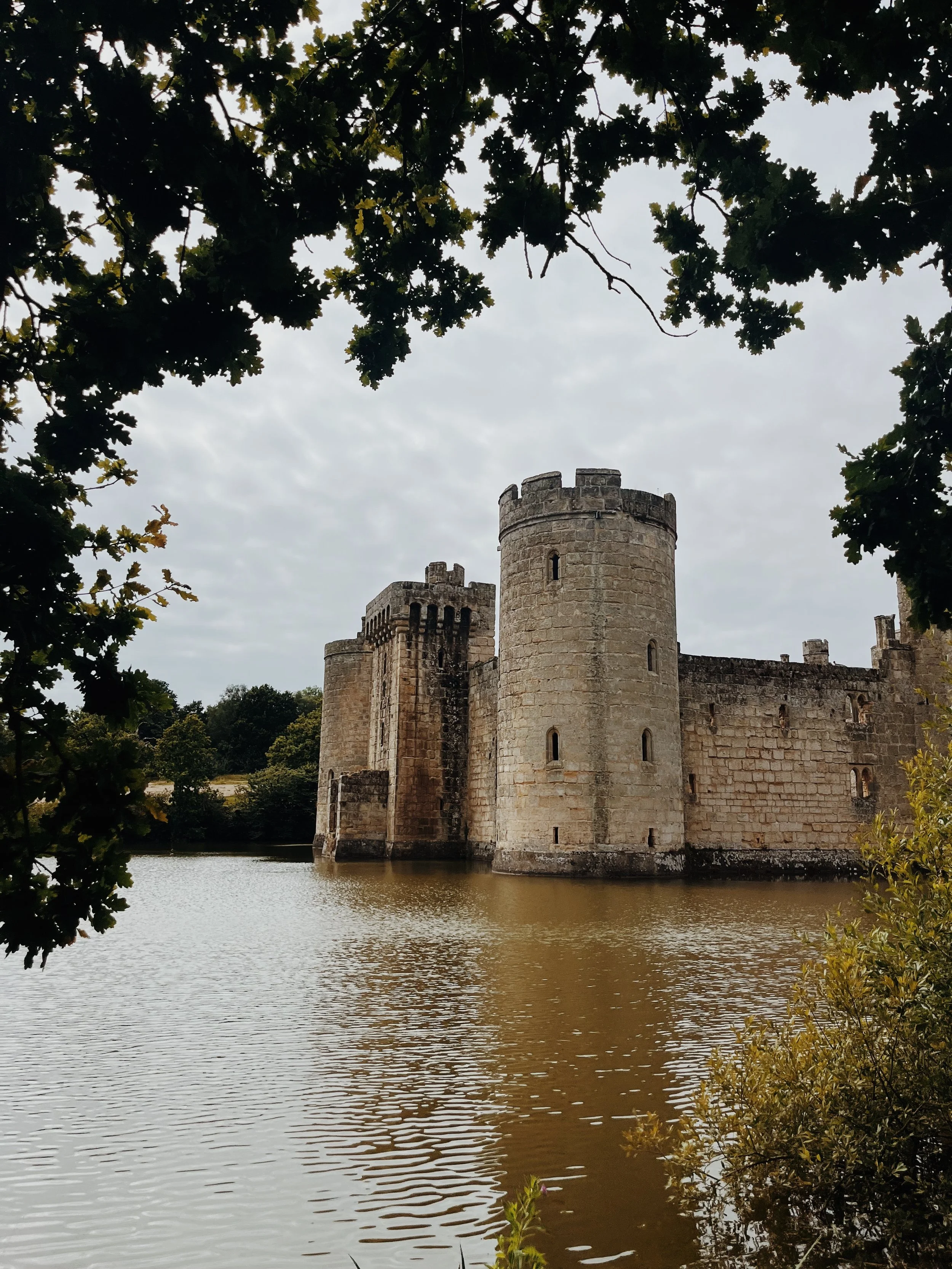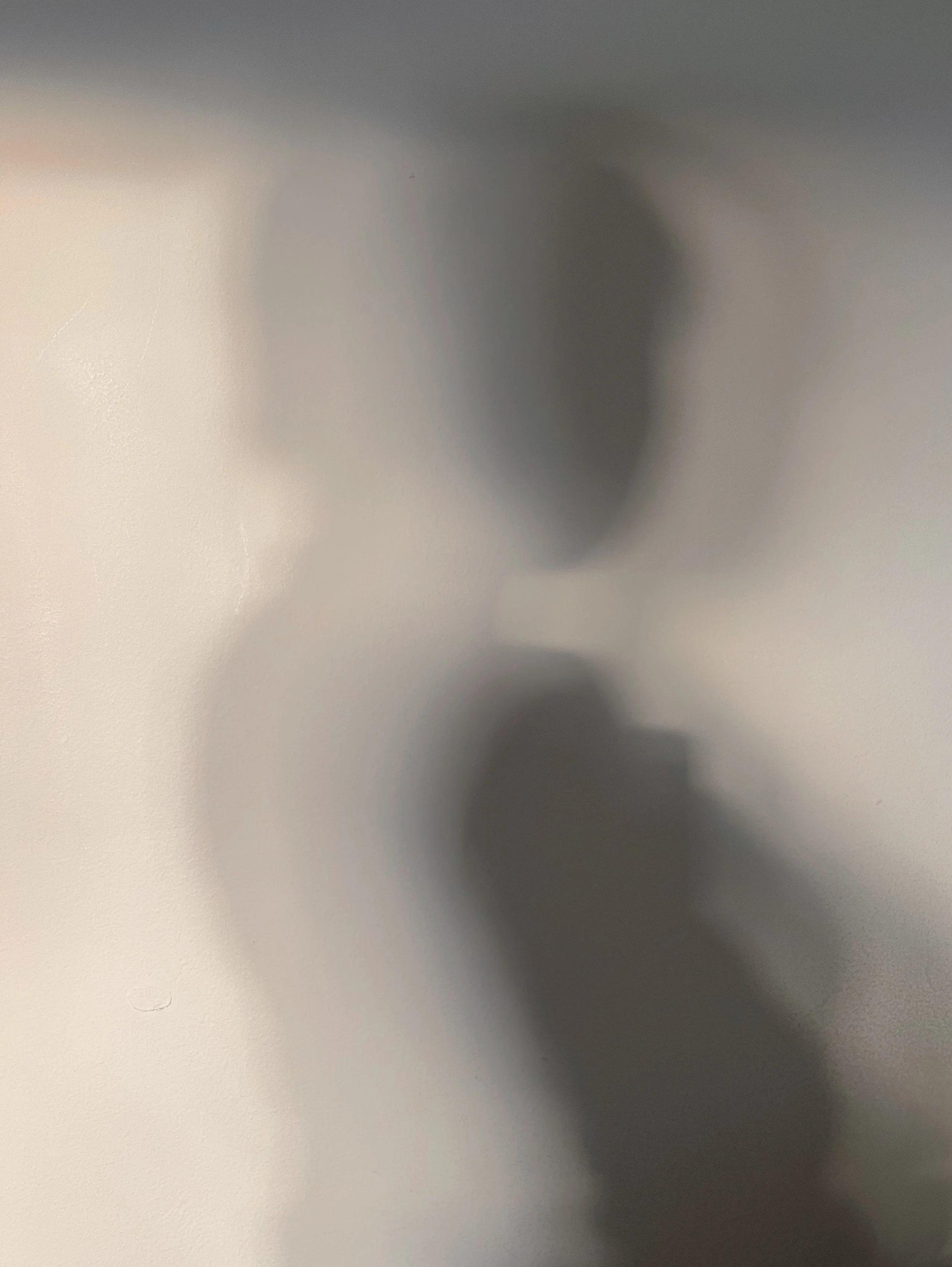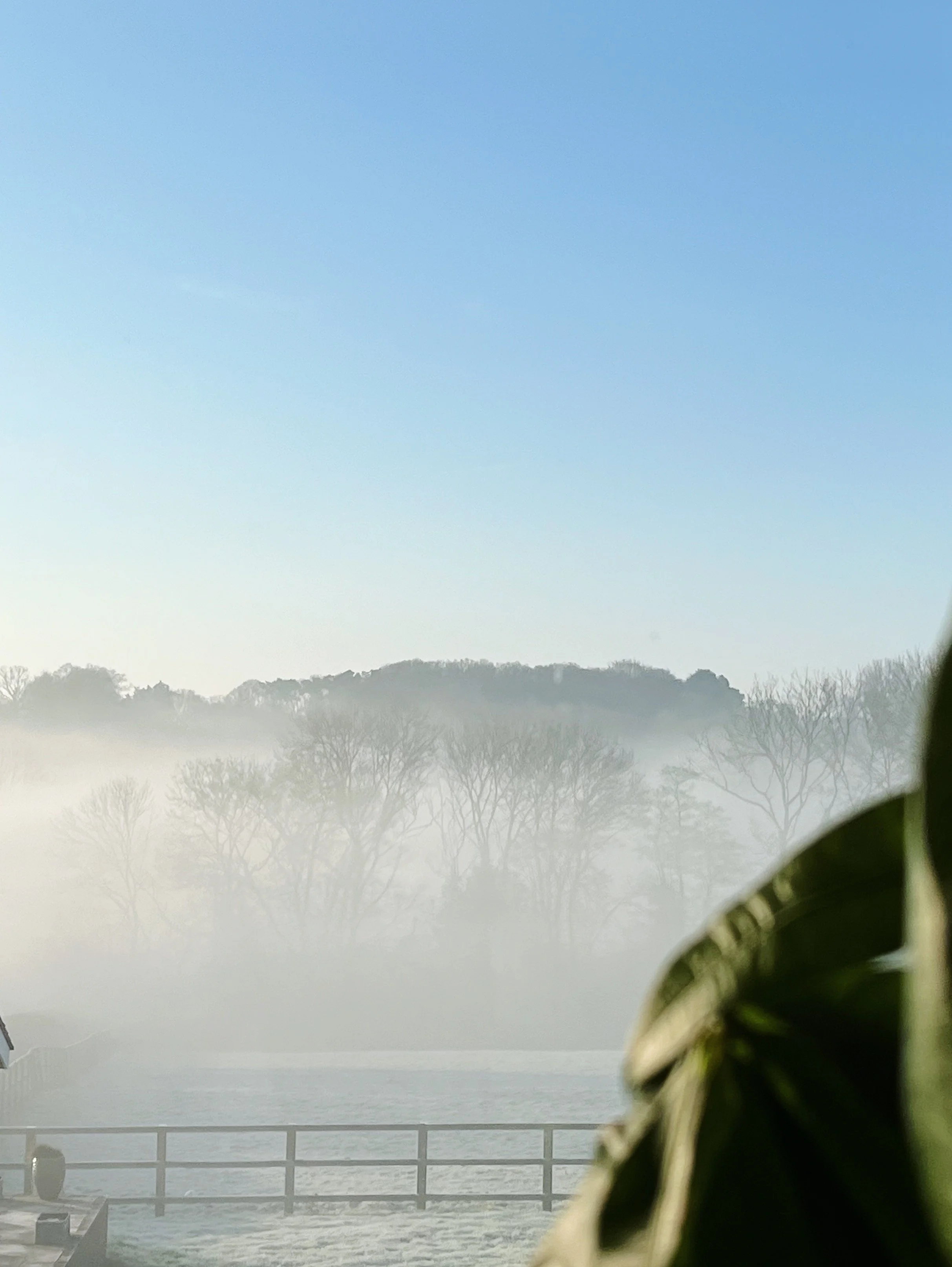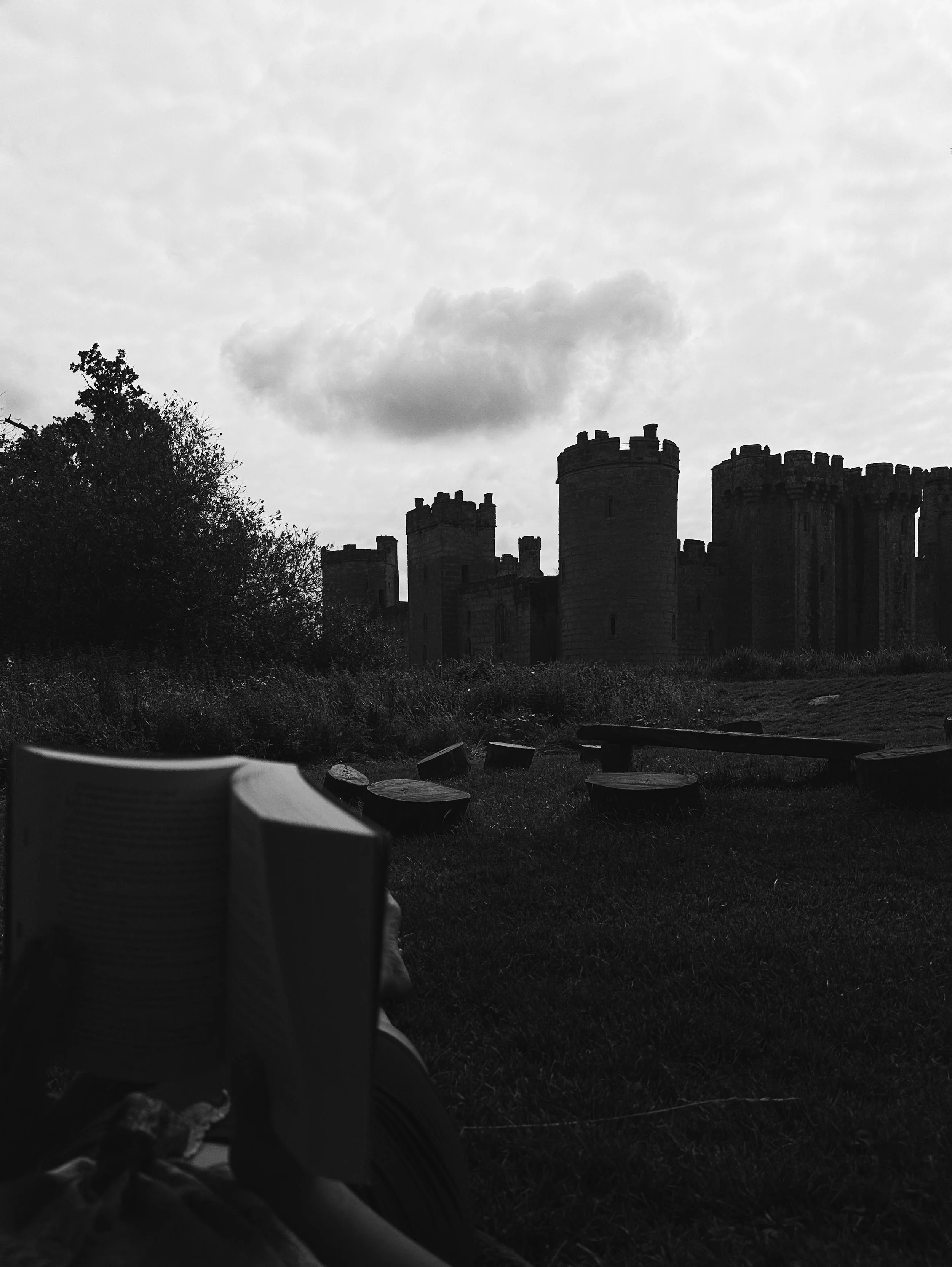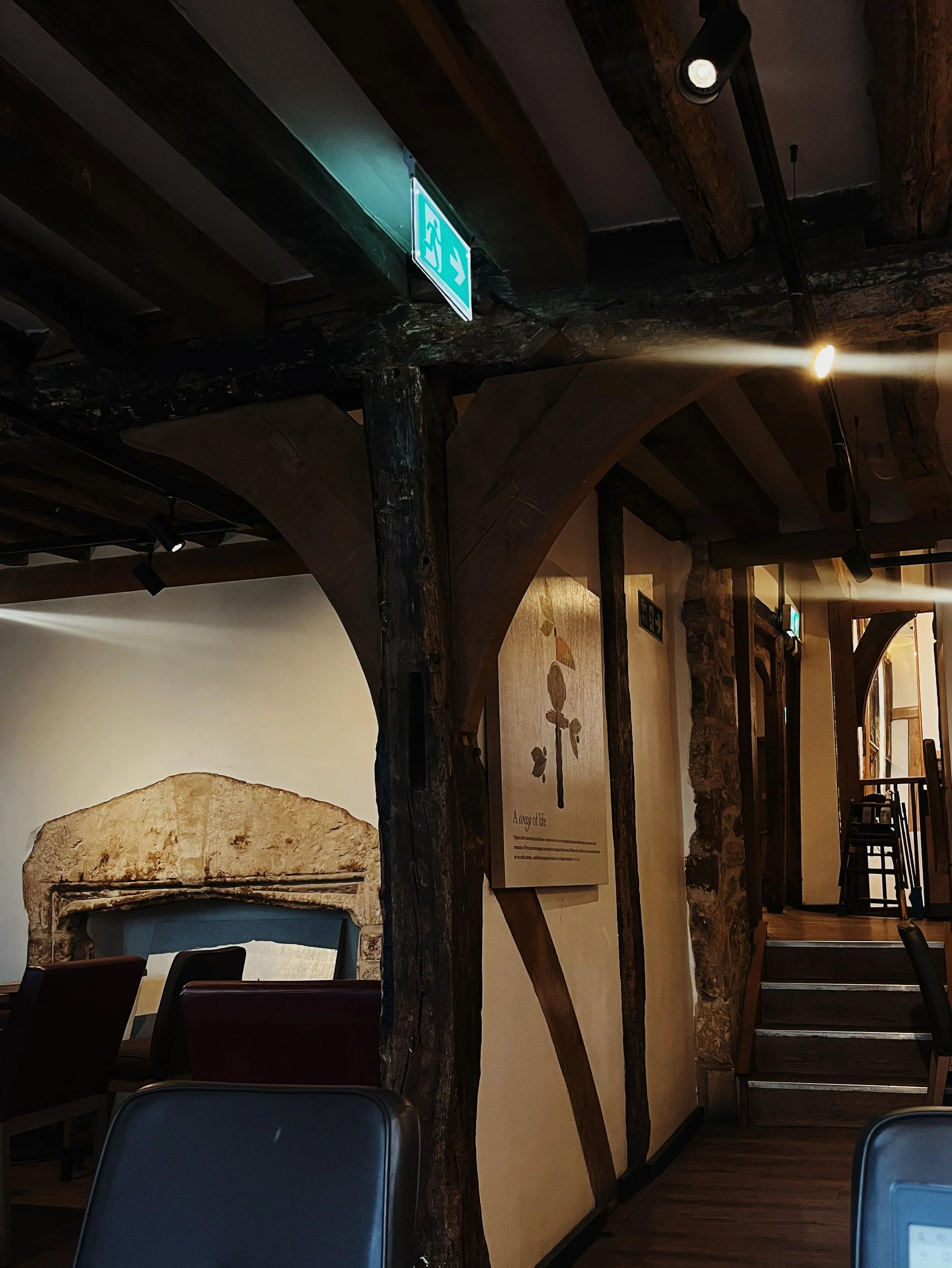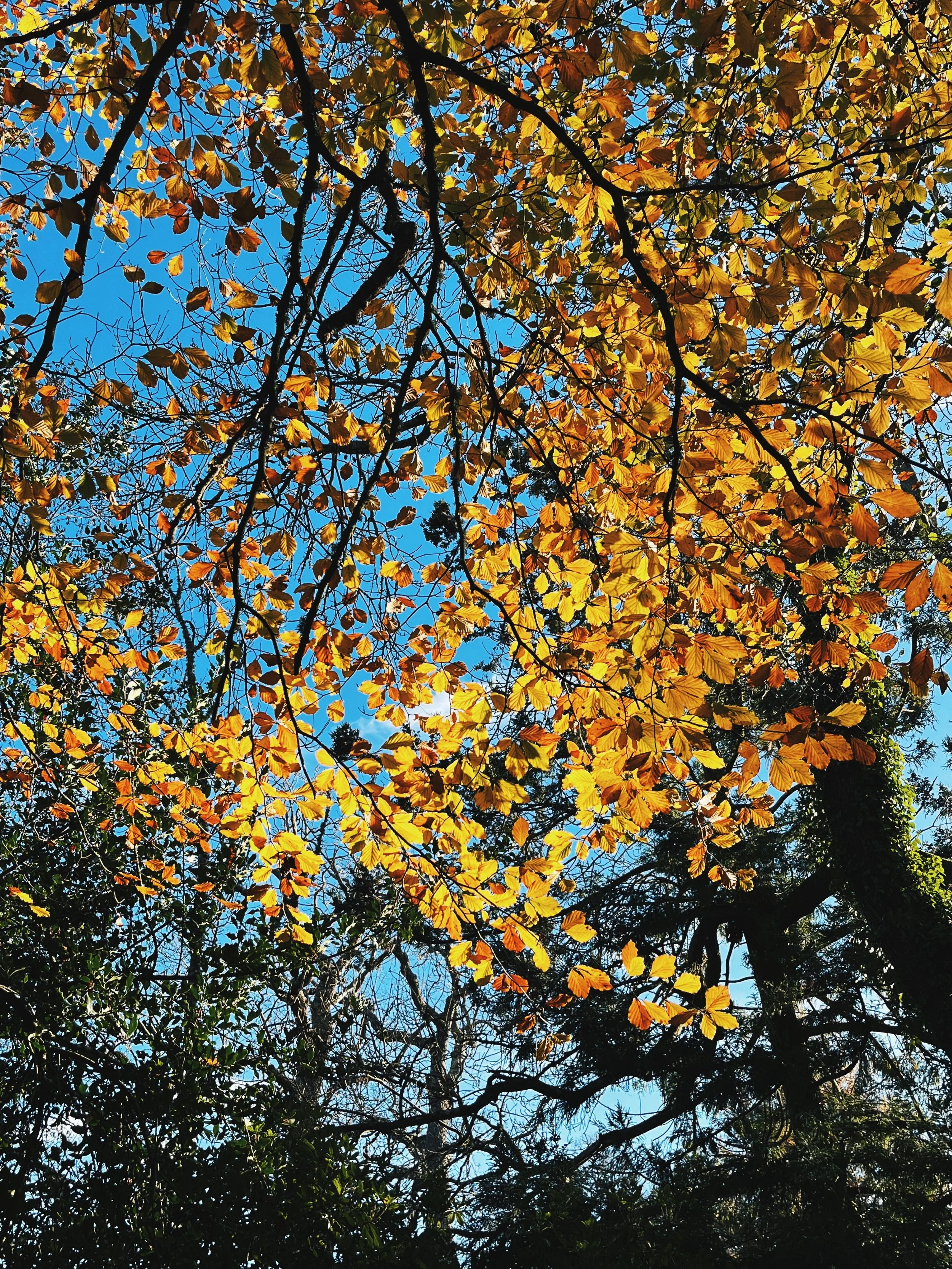Anger – The Product of an Unkind and Unloving Society
The last few years have been psychologically, physically, and spiritually tiring. Like a newborn, I’ve found myself disenfranchised and unprepared for the toll of it all. Still riding the ripples of these years, regardless of the disillusioned notions of ‘preparation’ from peers, school, or family, I felt numb to continuing life in a dual state of repulsion or indifference. Slowly, I’m trying to shift such ideals so that I no longer hold them in totality but as mere visitors.
I decided that I wanted to live, to throw away the childish notions of simply spectating vapidly, expecting life to happen to me rather than being an active agent in my future. But this only enhanced that already growing rage within me, for I opened myself to see and feel it all. Rather than a bystander who trudged on through life, bleakly watching myself take one step and then another, peering up to embrace the journey of consciously being present to enable me truly to live. The familiar sense of anger that I had diluted since I was a teenager washed over me like a riptide once more. The rife inequality, injustices and discrimination that goes beyond sex, skin, or class. Ignoring or pulling the wool of innate intellectualisation over my eyes became impossible.
“Not everything that is faced can be changed,” James Baldwin wrote, “but nothing can be changed until it is faced.”
Though I can shut myself off from the wars, genocide, global famine and environmental destructions – I cannot live a truly genuine life listening to screams and cries of anguish behind the virtual curtain. I’m simply not built that way. I never have been, which ultimately leads to a return to this unrelenting sense of anger I have for myself, others and exploitative leaders who indulge in such cries rather than cower from them.
How do you continue to keep yourself open to the world to help it without being driven to psycho-physical burnout?
To put it simply, through creating a space for myself to learn.
Over the last few years, I’ve dived into a space that allows me to learn and continue to learn how to handle this maelstrom of helplessness, exhaustion, and anger exacerbated by a society that is rampant with it. This society has even normalised and glamourised it, nullifying the outright emotions we should feel when faced with such atrocities.
The more I learned about the lives of those far from my own in geography and time, the more I resolved within myself that I was not alone. Many hands have held fury and searched for ways to live with it and then through it, not to dismiss it but to use it to remain present for themselves and their community—an endeavour to encourage solidarity for all with pure, healing intentions.
Regardless, if one had a happy, secure childhood, and another had a tumultuous, damaging one – when facing the current state of society – they are both growing up in a globalised tempest of overwhelming expectations, hyper-productivity, overexposure to distressing content (whether subconsciously or consciously), lack of community and insecurity. Ingredients for a contaminated, toxic soup spread across billions of people. Feeding this to anyone, regardless of age, is not nutritious or sustainable. Are we not continuously developing and maturing regardless of age?
It does not erase the differences between our childhoods or the variants of scars within ourselves from these developmental times. But it does clarify that we are all together in this. Despite a growing culture that tries to separate and individualise us, we are all one.
Through creative endeavours through written and spoken art, to everyday conversations that highlight our similarities and yearning to be understood with a goal for an inclusive and healthy future, to mundane acts of kindness with strangers, and to being kind to ourselves. There is hope still.
Naturally, I wanted to learn more – dive deeper into the cavern of psychosocial-spiritual health. A brief introduction to some of the books and poetry that I have grown to love have helped me, and I hope they can help you –
The School of Life: An Emotional Education by Alain de Botton
“The causes of our primal wounds are rarely outwardly dramatic, but their effects are rarely insignificant.”
Alain de Botton highlights the effects of small, seemingly mundane interactions that have the most impact later in life. How often has an embarrassing or minor upsetting memory found its way to the forefront of your mind, instantly shifting your mood? How frequently have you seen a flash of something shift between you and another person—as if they, too, had a similar memory flicker within their eyes?
This philosophical book discusses psychosocial theories that have enhanced and modernised knowledge. Philosophers articulated these theories thousands of years before the smartphone, yet their contemplations still hold true today.
On Grief and Reason: Essays by Joseph Brodsky
“Believe your pain.’ This awful bear hug is no mistake. Nothing that disturbs you is. Remember all along that there is no embrace in this world that won’t finally unclasp.”
Nearly all essays within this collection have gems of wisdom and profound thoughts. Brodsky echoes parts of painful realisation that we try hard to ignore during duress but ultimately cannot. This specific essay outlines the authenticity of our emotions as something that should not be overlooked. If a sense of wrongness floats, it will seep into other areas of life, making it impossible to ignore.
Women Who Run With the Wolves: Myths and Stories of the Wild Woman Archetype by Clarissa Pinkola Estés
“Though her soul requires seeing, the culture around her requires sightlessness. Though her soul wishes to speak its truth, she is pressured to be silent.”
Focusing on womens experiences, it has stories that anyone, regardless of gender, can relate to and unwrap to gain lessons from. A running theme throughout presents women’s role of subservience and silence. Women must try to break through this at home, in the workforce, or within themselves. Changing the narrative for women is not just changing the narrative for women – it allows an opening for all discriminated under patriarchal control. This is not limited to women. Estes encourages this loudness to all. To speak, shout and present courage when your heart calls for it.
“The retrieval [of the soul] requires several ingredients: naked honesty, stamina, tenderness, sweetness, ventilation of rage, and humour.”
For years, like many other women and men, I have been made to condense and constrict myself, to be palatable, adored and respected; forced to succumb to the quiet ‘feminine nature’, but there is nothing tranquil about femininity. As Estes writes – the ventilation of rage – is an ingredient for retrieving the soul. Especially when the soul is under attack – nothing more natural than protecting yourself from foreign energy and soul leeches. In some cases, this may be toxic capitalist ideals, misogynism or racial discrimination, to name a few. These intend to cage and silence, which we, as all human beings in touch with our feminine nature, cannot allow our instinctual nature to be diminished. A healthy ventilation is necessary for change.
The Capital by W.H. Auden (Another Time Anthology)
Quarter of pleasures where the rich are always waiting,
Waiting expensively for miracles to happen,
O little restaurant where the lovers eat each other,
Cafe where exiles have established a malicious village;
You with your charm and your apparatus have abolished
The strictness of winter and spring's compulsion;
Far from your lights the outraged punitive father,
The dullness of mere obedience here is apparent.
Yet with orchestras and glances, O, you betray us
To belief in our infinite powers; and the innocent
Unobservant offender falls in a moment
Victim to his heart's invisible furies.
In unlighted streets you hide away the appalling;
Factories where lives are made for a temporary use
Like collars or chairs, rooms where the lonely are battered
Slowly like pebbles into fortuitous shapes.
But the sky you illumine, your glow is visible far
Into the dark countryside, the enormous, the frozen,
Where, hinting at the forbidden like a wicked uncle,
Night after night to the farmer's children you beckon.
Poetry is subjective. I’ve been nursing this anthology for half a year, and there is always plenty to unravel. This one, out of many, reveals the subtle corruption of modernity through themes of developing hyper-consumerism, disillusionment with capitalism's promise, and loss of the self through silent, wary compliance.
Depending on the perspective, it cannot be ignored that the poem contains sparks of credence. It is not a blinded, subservient drone following cultural shifts. The individual is aware but must do what they can for now to change with the season. This is similar to how many people sleepwalk themselves through this life to avoid such internal tumult.
This poem's impact on me is its relevance to my personal life. Which many may also relate to. It made me feel seen. During the release of the anthology in 1940, cultural topics are still felt today. I have been, and continue to be lured, blinded by the extravagance and promise of the glamour of a globalised, consumerist culture, regardless of being aware of the foundations many industries and businesses are built upon through slavery, war, and genocide. One can be removed from this but still be angry and pained by the ongoing issues.
For further inspection: The Capital by W.H. Auden.
The Alchemist by Paulo Coelho
“No matter what he does, every person on earth plays a central role in the history of the world. And normally he doesn't know it.”
The premise of this story is Santiago's journey, which involves searching for treasure. He meets different people while following his pathway to this treasure.
Originally published in Portuguese and then translated into English, this book is a simple read with many messages and lessons for self-reflection. It emphasises the universality of the messages conveyed by Coelho in this novel: that we all speak the ‘language of the world’—one that goes beyond words, reaching into a spiritual realm of unity with thoughts and actions.
Mirrored through the protagonist, Santiago who learns languages besides his own Portuguese; as he travels, he learns Arabic and reads Latin.
A specific part in the novel where Santiago’s attitude shifts to anger is when the Alchemist promises something of Santiago, which he believes he cannot do, to someone else, planting seeds of doubt and suspicion between the protagonist and the Alchemist. An emotion that we are familiar with and that society permeates more and more.
As he perseveres on his long journey to find the treasure, he faces many introspective moments, which many have questioned. Even if our moments of search and struggle are as brief as a few hours, between the minutes or hours traversing through our own feverish, desert psyche, whilst searching for meaning or reconciliation within ourselves or an interaction – our treasure – we gained perspective in that endeavour. And when every person allows themselves a moment to take another step closer to clarity – the clouds of anger have time to dissipate—floating on their journeys away and beyond us.
The Myth of Normal: Trauma, Illness and Healing in a Toxic Culture by Gabor Mate and Daniel Mate
“Agency is neither attitude nor affect, neither blind acceptance nor a rejection of authority. It is a self-bestowal of the right to evaluate things freely and fully, and to choose based on authentic gut feelings, deferring to neither the world’s expectations nor the dictates of ingrained personal conditioning.”
An ongoing theme in these books is following one’s gut with an equilibrium of logic and emotions. When you are upset, stressed, and irate about the state of your surroundings, there is something that can be learned from there. Something to be deciphered as to why you are having these feelings. Just as one would be annoyed at an unjustified comment or distressed under placement in an overstimulated confine – these are natural human emotions under such circumstances.
Mate explores the biopsychosocial effects on our bodies and our minds articulately. As culture develops and changes rapidly, we try and fail to keep up with the changes, leading to an increase in psychological and physical maladies.
“The onset of inauthenticity may not be a choice, but with awareness and self-compassion, authenticity can be.”
The Myth of Normal is to embrace authenticity, agency, anger, and acceptance.
Mate does not shy away from the justification of anger at the current state of the world. He divulges such emotions to heal and reconnect us with ourselves and our community. In this book, he guides us with ways towards healing and protection.
They forced me to allow myself to enter and gain a sense of preparation by searching inward for internal compassion, serenity, and understanding before entering the void of deeper inspection of the cultural, social, and broader issues.
As interesting as it all is (for which I have suggestive reads upcoming), it’s an unsustainable and unhealthy consumption that poisons the body and mind to read and watch atrocities happening daily. Like everything, balance is required.
To fully immerse ourselves in the profound, painful realities of worldwide issues, we must have a shield of protection from the vicarious trauma ingested through this. These can deeply damage us, as they reflect unwarrantedly impolite interactions, negative self-talk, physical maladies, and how we hold suspicions of others. This shield can be pertained through protecting our psyches, as parents do with newborns, with compassion, comprehension and support.
“What if our intention, as parents, as educators, as a society, was to raise children in touch with their feelings, authentically empowered to express them, to think independently and be prepared to act on behalf of their principles?”
A theme throughout these selections is conquering anger and distress healthily. Though sometimes viewed with disapproval, ignorance, and concealment, anger is a vital emotions to engage with properly and authentically.
Though it’s clear with the widespread content of polarising views and growing individualisation made to instil fear, anger and desperation – there is much to be said that creative and factual works are made to offset them. We need only look for them. There is more out there that highlights community, integration and compassion. We must allow ourselves to search for these streams of light beyond the clouds of insecurity. They are far more significant and brighter than they would like us to believe.
These few recommendations are merely a drop in the ocean of great works that promote understanding, love and support for yourself, your community, and the rest of the world.
“If a man’s negative potential is murder, his positive potential is best manifested by art.” – Joseph Brodsky.
